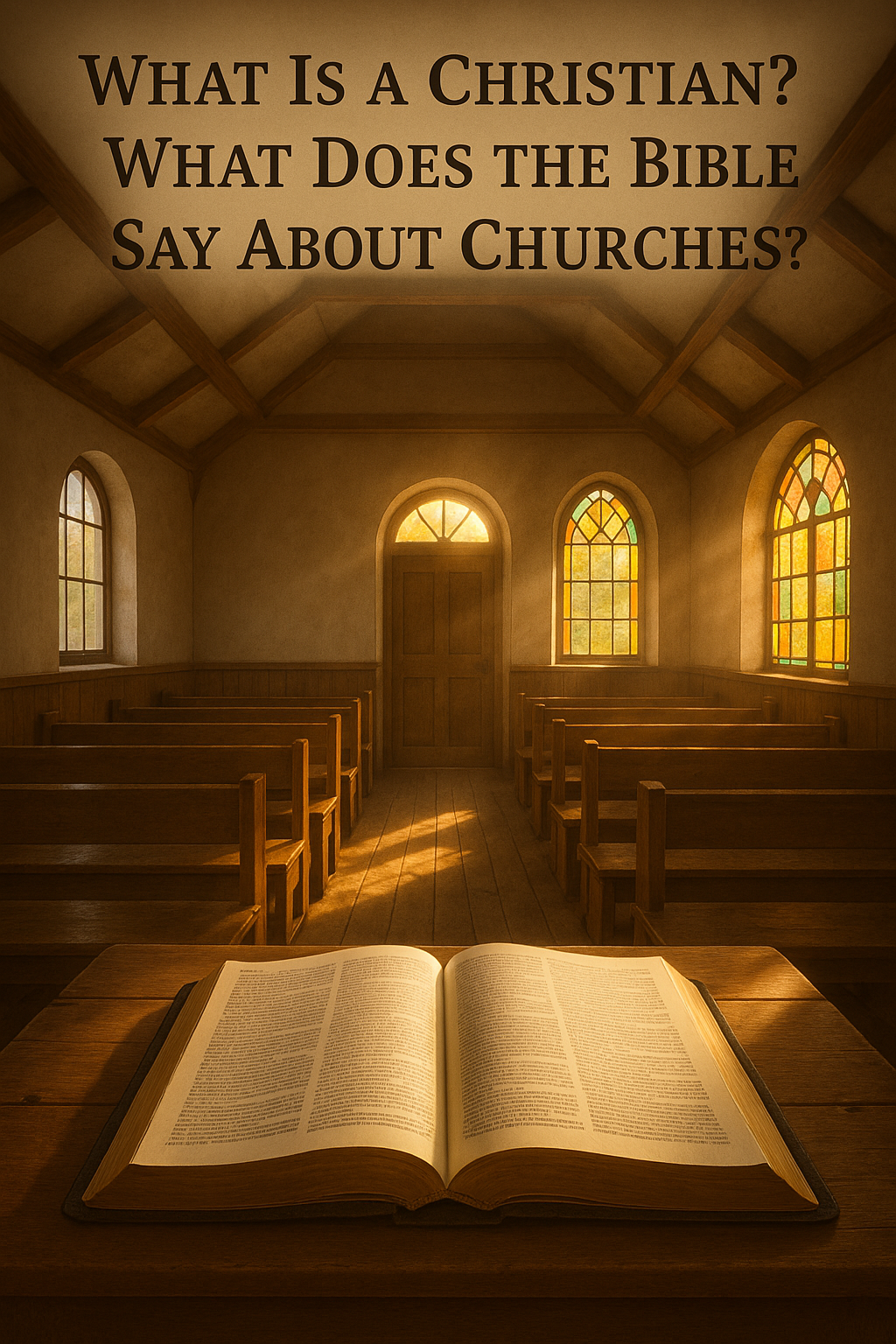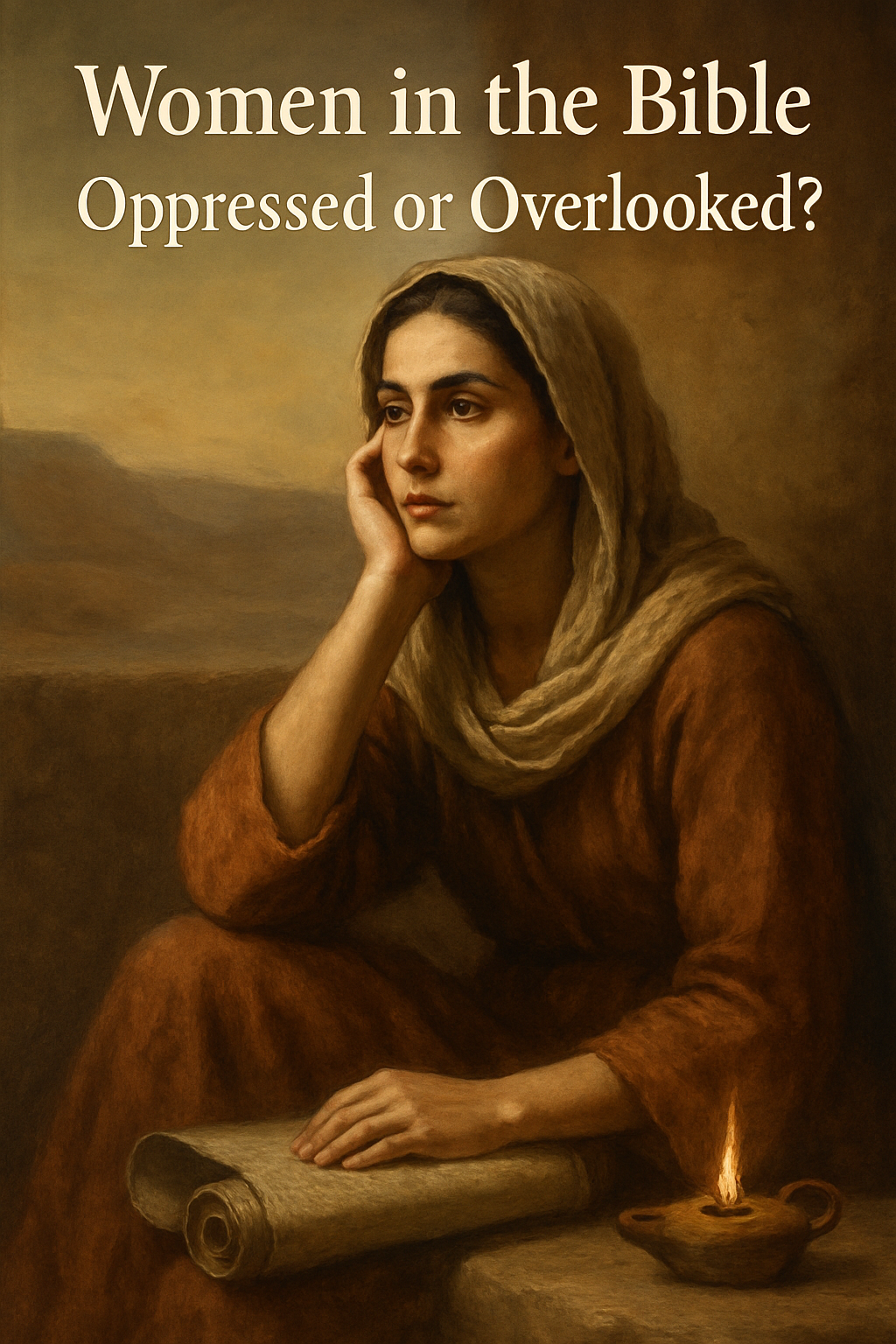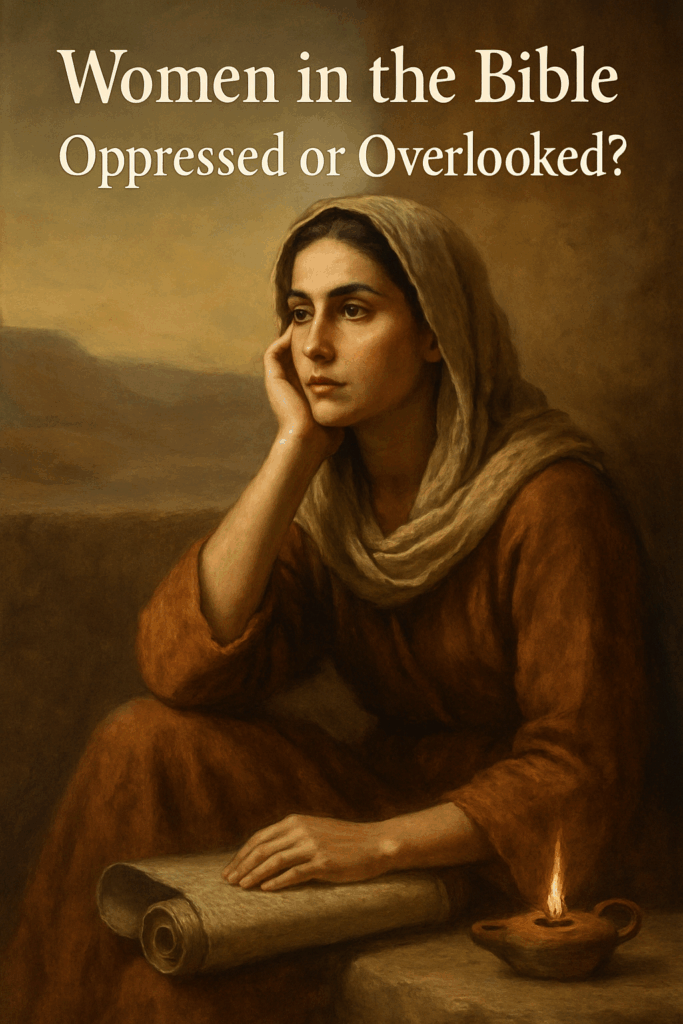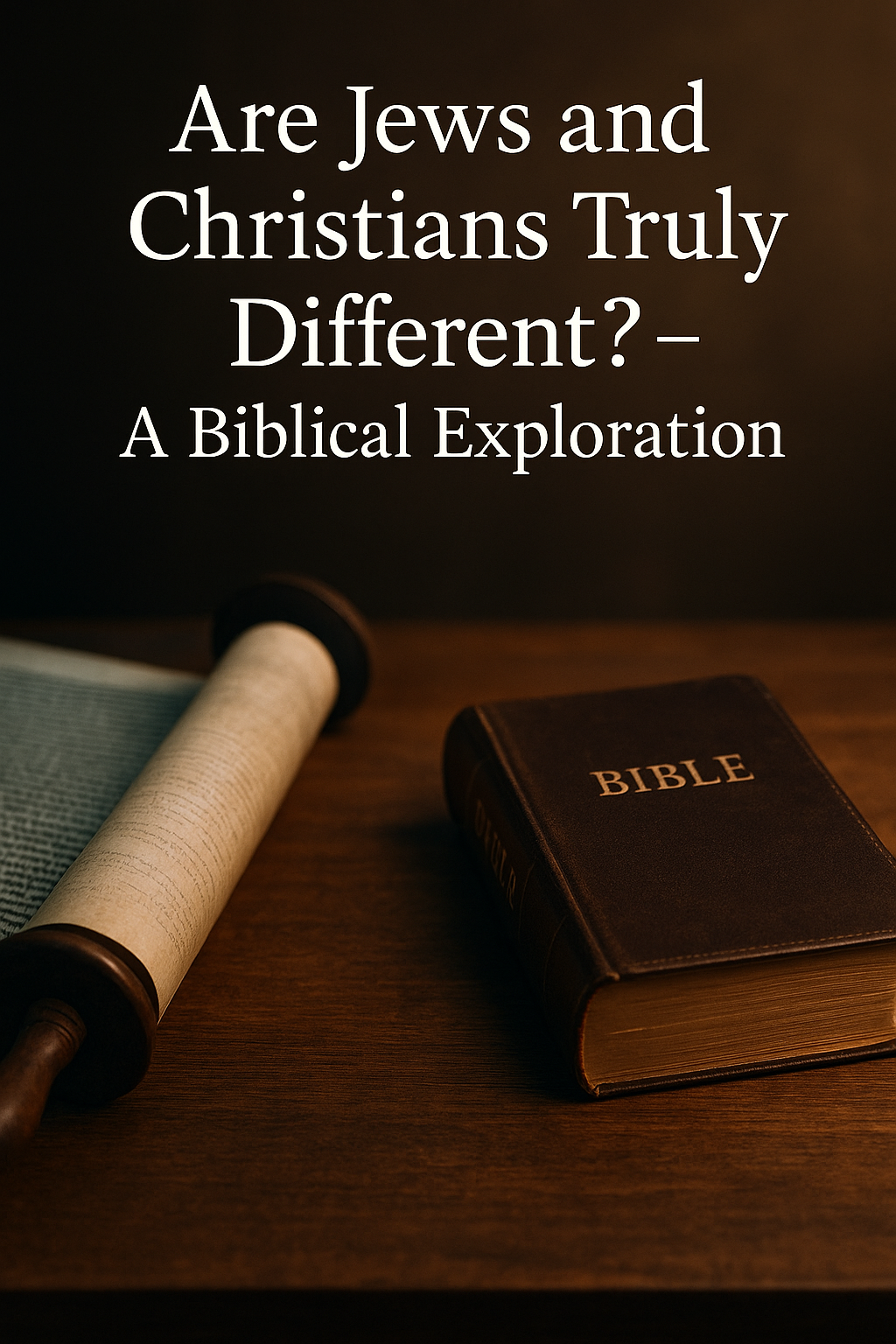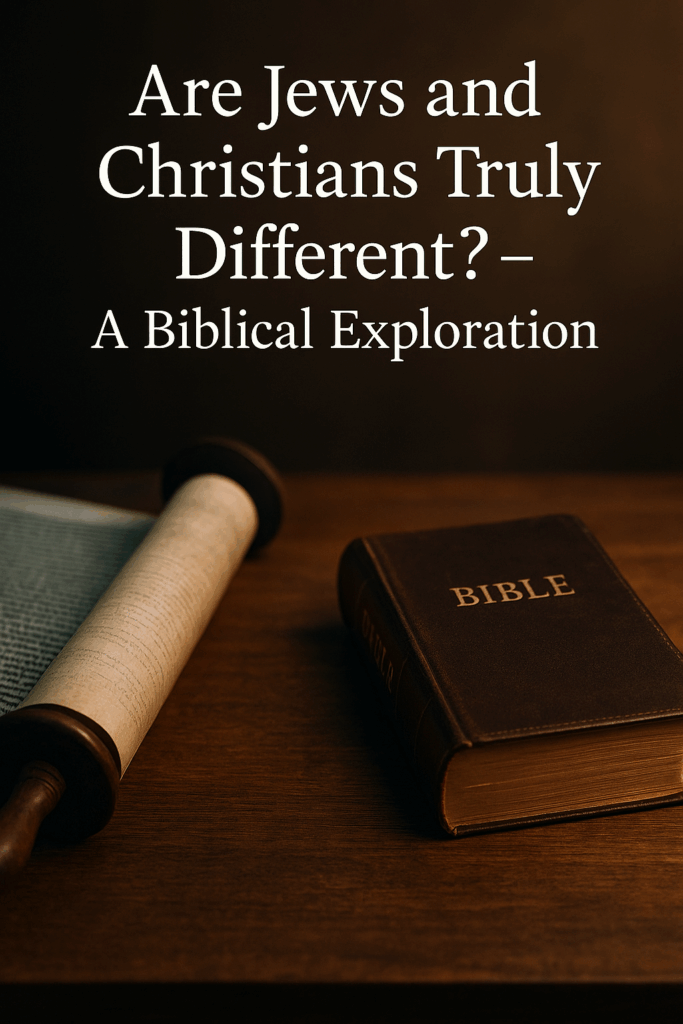What Does the Bible Say About Being a Christian?
The answer is found in Acts 11:26:
“And when he had found him, he brought him unto Antioch. And it came to pass, that a whole year they assembled themselves with the church, and taught much people. And the disciples were called Christians first in Antioch.” (Acts 11:26 – KJV 1611)
We often read this verse superficially. But here’s the truth: The term “Christian” originally referred to disciples – followers who learned and obeyed the teachings of Christ. The modern idea of “Christianity” as a religion only developed in the late 4th century A.D.
The early Christians were either:
- Israelites from the southern kingdom (commonly called “Jews”),
- the dispersed from the northern kingdom, or
- Gentiles who had turned from idolatry and accepted Jesus Christ as Lord.
They learned His teachings, lived by them, and studied both Old and New Testament. Jesus based His teachings on the Old Testament. Anything contrary is false doctrine or idolatry.
As the Apostle John wrote:
“And hereby we do know that we know him, if we keep his commandments. He that saith, I know him, and keepeth not his commandments, is a liar, and the truth is not in him.”
“Little children, keep yourselves from idols. Amen.”
(1 John 2:3–4; 5:21 – KJV 1611)
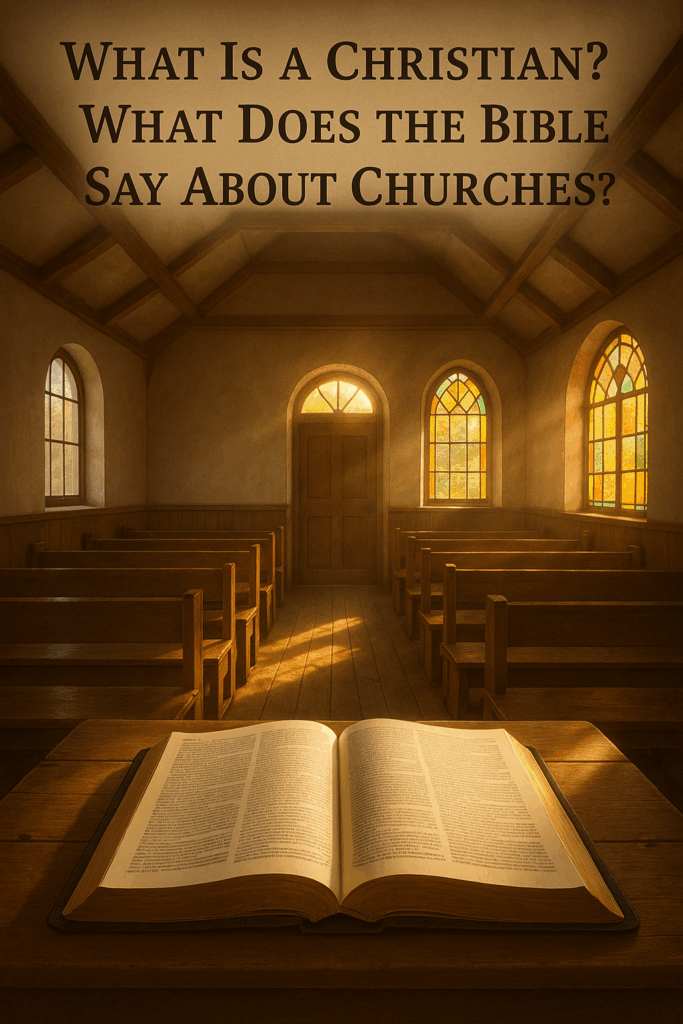
Are Churches Biblical?
No, churches are unbiblical.
Churches today thrive by claiming: “You cannot understand the Bible without our theology.” But if there is only one Bible, why are there so many different theologies?
Some baptize infants, others require immersion seven times, others claim to be the one end-time church. Yet the Bible says:
“For whosoever shall keep the whole law, and yet offend in one point, he is guilty of all.” (James 2:10 – KJV 1611)
Religions and churches that add man-made doctrines violate the Word. Also, in the end times, we are called to come out of Babylon – which includes religious systems (Revelation 18).
State-recognized churches must obey secular law. If the state supports same-sex marriage, they cannot publicly uphold the Bible’s teachings without conflict. Thus, no state-recognized religious body can truly be biblical.
The early church in Acts was no religion. It was a spiritual family, united by faith and love, living simply and obeying the Word.
Religion is defined by man-made laws and creeds. But true faith is grounded in Scripture, as Jesus warned:
“Ye serpents, ye generation of vipers, how can ye escape the damnation of hell?”
“Ye are of your father the devil, and the lusts of your father ye will do.”
(Matthew 23:33; John 8:44 – KJV 1611)
Conclusion: Not Religion – But Living Faith
As soon as people start making their own rules and making access to God dependent on an institution, it is no longer discipleship, but religion. And religion is unbiblical.
However, those who honestly and wholeheartedly follow the Word of God and seek fellowship with like-minded people are part of the true, biblical church – even without external affiliation.
